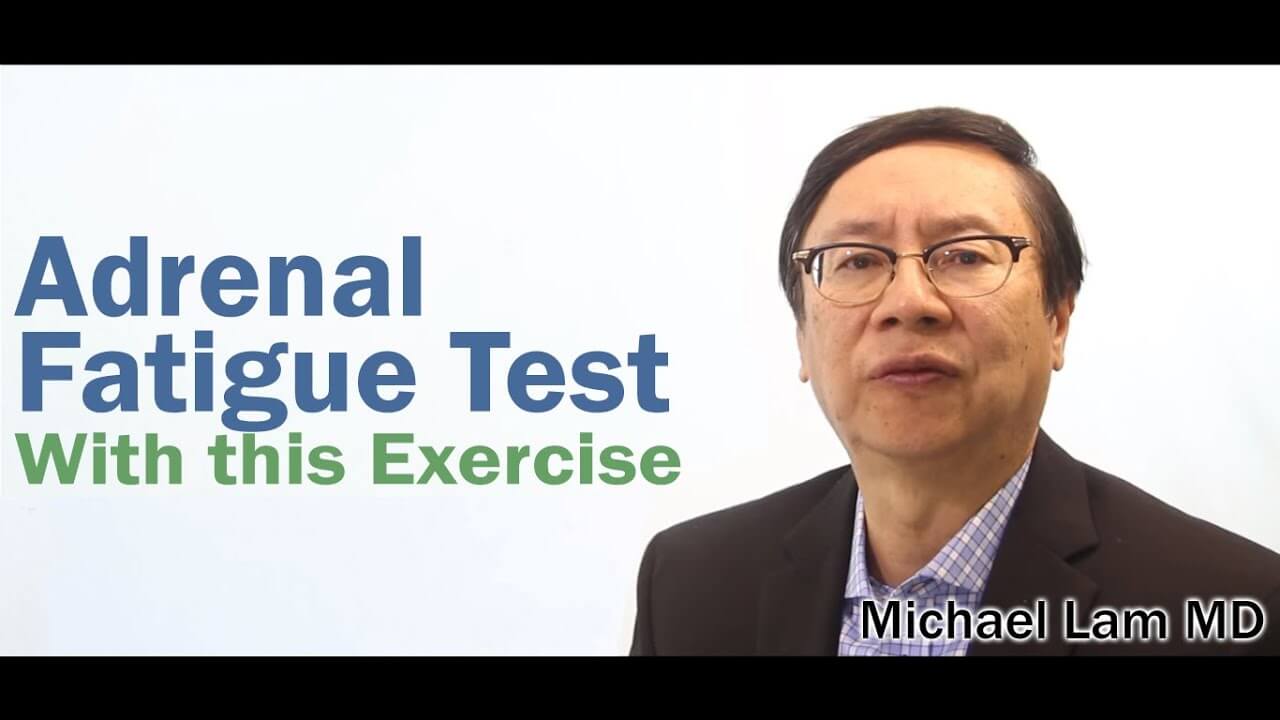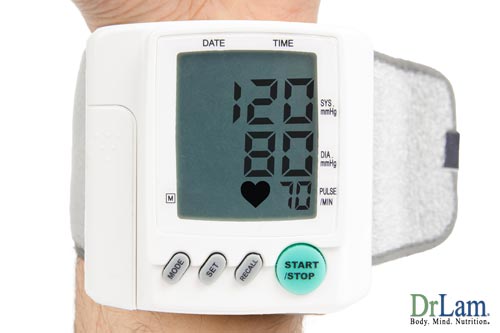
 Cardiovascular disease and metabolic syndrome are serious health concerns and are becoming increasingly prevalent in the developed world. An individual may be diagnosed with metabolic syndrome if he or she has three or more of the following metabolic risk factors: high blood pressure, high blood sugar, excess body fat, or high cholesterol. Each of these risk factors increases the risk of cardiovascular disease. Because of this, many people wonder if adrenal testing is an effective way to determine their personal risk levels.
Cardiovascular disease and metabolic syndrome are serious health concerns and are becoming increasingly prevalent in the developed world. An individual may be diagnosed with metabolic syndrome if he or she has three or more of the following metabolic risk factors: high blood pressure, high blood sugar, excess body fat, or high cholesterol. Each of these risk factors increases the risk of cardiovascular disease. Because of this, many people wonder if adrenal testing is an effective way to determine their personal risk levels.
Metabolic health can also be affected in those with adrenal fatigue syndrome, though the clinical presentation is much different. The hallmark sign is fatigue of unknown origin. All routine laboratory adrenal testing is usually normal. There is no accurate Adrenal Fatigue test. In advanced cases, blood pressure is usually low, with accompanying low thyroid function and reactive hypoglycemia.
In this study, researchers in the USA and the Netherlands conducted a meta analysis of 37 separate studies consisting of a total of 2,768 participants that reveals that yoga may be as effective as aerobic exercise at improving cardiovascular and general metabolic health. The studies included a number of randomized controlled trials of yoga practiced by adults. The study is published in the European Journal of Preventive Cardiology.
The studies showed those who practiced yoga regularly improved their body mass index, lowered their blood pressure and heart rate, improved both LDL and HDL cholesterol levels, and lowered their triglycerides when compared with those who did not engage in regular exercise. These studies showed little or no difference between yoga and aerobic exercise in terms of these particular benefits. It did not, however, improve fasting blood sugar levels. Risk factor improvement was even more dramatic when yoga was practiced in conjunction with appropriate medication.
Researchers point out that it is unclear exactly how yoga helps to improve these risk factors. They hypothesize that there may be some physiological similarities between yoga and aerobic exercise, including some aerobic effects of yoga practice, and some meditative effects of aerobic exercise. It is also unclear what kind of frequency or intensity are needed to stimulate benefits.
 Regardless of how it works, this is good news for those unable or unwilling to engage in other physical activities, such as swimming, biking, or walking on a regular basis. This is also good news for the elderly, those with existing cardiovascular disease, and those with joint pain. It also means that yoga can also be an effective adjunct to more traditional exercise regimens for those who wish to change up their routine.
Regardless of how it works, this is good news for those unable or unwilling to engage in other physical activities, such as swimming, biking, or walking on a regular basis. This is also good news for the elderly, those with existing cardiovascular disease, and those with joint pain. It also means that yoga can also be an effective adjunct to more traditional exercise regimens for those who wish to change up their routine.
Yoga is a mind-body practice which was originally developed in India around 600-500 BCE. It was introduced to the West in the late 1800s and increased in popularity over the 1900s as a form of exercise.
The ultimate conclusion of the research is that yoga is a low cost form of exercise that requires minimal equipment or technology with easy accessibility. And with the increased likelihood of adherence, it may be a cost effective way to both treat and lower the risk factors of cardiovascular disease and metabolic syndrome.
There is no better adrenal fatigue test than your capacity for exercise. Remember many with AFS are too weak to exercise, so using exercise as a test of adrenal recovery and function is an excellent assessment tool. Yoga is one that appears simple on the surface, but it requires a strong body that those in adrenal fatigue do not have; unfortunately, most regular yoga exercise is designed for normal healthy people. We have developed a series of 21 sessions of yoga exercise specifically for those with AFS. Adrenal yoga is designed to strengthen the core, improve control and fluidity, and let you regain your vitality, all without stimulating the sympathetic nervous system. Why? Because advanced adrenal fatigue is invariably accompanied by adrenaline overload, leading to metabolic imbalances, anxiety, and faster heart rate. Use your ability to do the the adrenal yoga as the ultimate adrenal fatigue test as it is far more accurate than any laboratory test. If you are interested in our adrenal yoga exercises, click here.
 Adrenal yoga can be a keystone for AFS recovery in any individual. There is a very strong link between exercise and adrenal function. Now, although adrenal yoga has been proven to improve the state and severity of symptoms experienced by those with AFS, there may be other benefits. Yoga has been shown to improve mental well-being and has numerous psychologically positive aspects. This is noteworthy when considering the relationship between the NeuroEndoMetabolic (NEM) Stress Response and AFS recovery. The NEM Stress Response is a description of the process through which our bodies process and cope with negative stimuli and can be considered when thinking of adrenal testing. When stress consumes our minds, it places our adrenal glands in a precarious position where they must work overtime to provide increased levels of cortisol and maintain signaling messages throughout our bodies. Anything that can be done to lower the burden placed on the adrenal glands is a welcome addition to an AFS sufferers recovery protocol.
Adrenal yoga can be a keystone for AFS recovery in any individual. There is a very strong link between exercise and adrenal function. Now, although adrenal yoga has been proven to improve the state and severity of symptoms experienced by those with AFS, there may be other benefits. Yoga has been shown to improve mental well-being and has numerous psychologically positive aspects. This is noteworthy when considering the relationship between the NeuroEndoMetabolic (NEM) Stress Response and AFS recovery. The NEM Stress Response is a description of the process through which our bodies process and cope with negative stimuli and can be considered when thinking of adrenal testing. When stress consumes our minds, it places our adrenal glands in a precarious position where they must work overtime to provide increased levels of cortisol and maintain signaling messages throughout our bodies. Anything that can be done to lower the burden placed on the adrenal glands is a welcome addition to an AFS sufferers recovery protocol.

